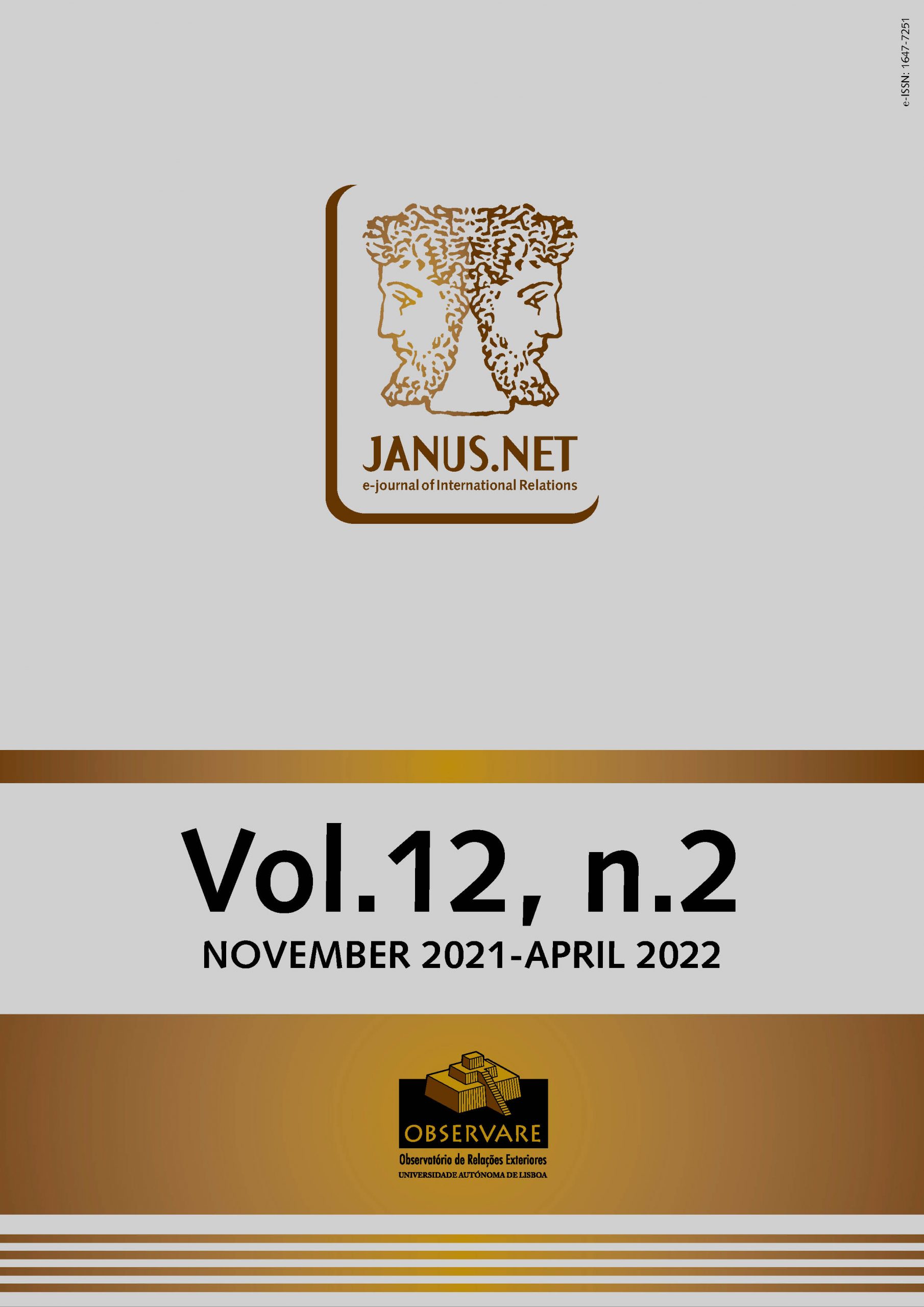Foreign policy and diplomacy are, within the framework of International Relations studies in general, two categories that enjoy great prominence. In practical terms, they have a close, symbiotic bond and even the idea persists that both mean the same thing. However, from a theoretical-conceptual perspective, foreign policy broadly implies the objectives of the state at the international level, while diplomacy reflects the means to achieve them. Based on this, this paper seeks to identify and reflect on the central axes that crossed the dynamics of Foreign Policy and Diplomacy of Bolivia during the three governments of Evo Morales (2006- 2019). Likewise, a brief projection is made on this very particular binomial after the return of MAS to power, following the triumph of Luis Arce and David Choquehuanca on October 18, 2020.
THE DIRECTIONS OF MOVEMENT FOR SOCIALISM (MAS) IN BOLIVIA: THE DIALOGUE BETWEEN FOREIGN POLICY AND DIPLOMACY
natalia.ceppi@fcpolit.unr.edu.ar
PhD in International Relations from the National University of Rosario (Argentina). Master in
Integration and International Cooperation (CEI-CERIR-UNR). Degree in International Relations
(UNR). Deputy Researcher at the National Council for Scientific and Technical Research
(CONICET). Professor of Consular and Diplomatic Law, Bachelor’s Degree in International
Relations, Faculty of Politics and International Relations (UNR).
Resumo
Palavras-chave
Como citar este artigo
Ceppi, Natalia (2021). The directions of movement for socialism (mas) in Bolivia: The dialogue between foreign policy and diplomacy. Janus.net, e-journal of international relations. Vol12, Nº. 2, November 2021-April 2022. Consulted [online] on the date of the last visit, https://doi.org/10.26619/1647-7251.12.2.3
Article received on 26 January, 2021 and accepted for publication on 24 March, 2021















